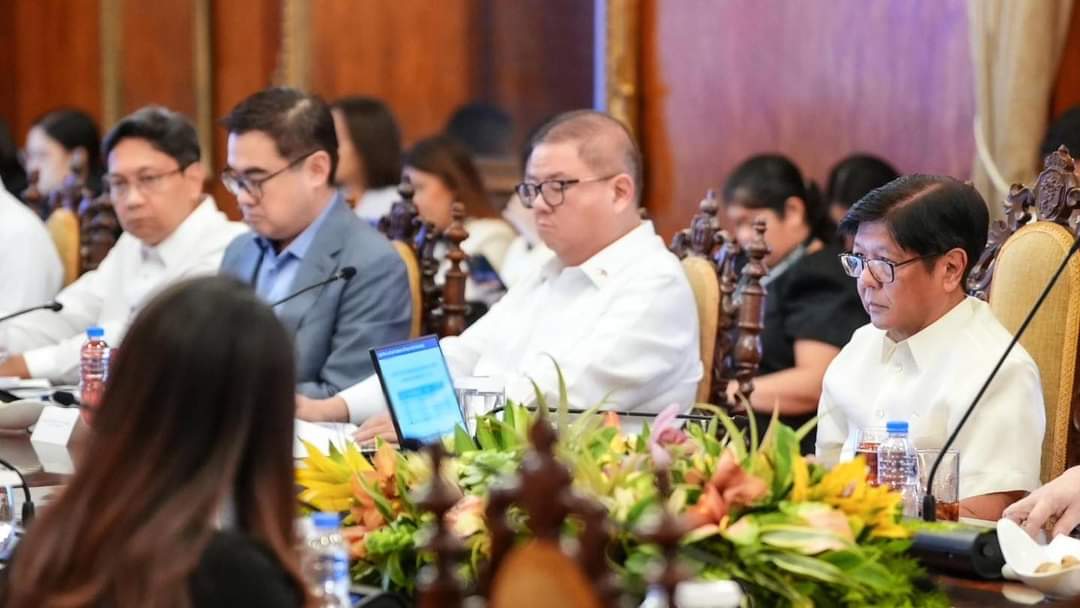
President Ferdinand R. Marcos Jr. is seeking to bolster local production of agricultural seeds by tapping State Universities and Colleges (SUCs) graduates.
Strengthening local seed production would improve agricultural productivity in the country, the President said during the 8th meeting with the Private Sector Advisory Council (PSAC) – Agriculture Sector in Malacañan on Wednesday.
With the graduates of agricultural SUCs attending to seed production, farmers can focus on growing the seedlings, he explained.
“The farmers can take care of the actual growing of seedlings. These new agronomists, agriculturists can be [the] ones doing seed production,” he said.
He called on concerned government agencies to seek the help of SUCs in directing students towards seed production.
“I-direct natin ‘yung mga lumalabas na sa agricultural colleges sa seed production,” he said.
Instead of growing seeds, what the SUCs should be doing, the President said, is research and development.
“Let’s not lead the growing anymore to the SUCs. They shouldn’t be in crop production. They should be in research and development. I think that’s the way that we can structure it,” he added.
President Marcos made the remarks after PSAC member Aileen Uygongco-Ongkauko of the La Filipina Uy Gongco Group presented their recommendation for the government to enhance local seed production across all crops to strengthen the country’s food security.
President Marcos said SUCs possess the technical expertise for seed production. He emphasized the need to scale up agricultural schools to transition seed production from the laboratory to commercial levels, ensuring its availability in the market.
“If we help them along, they’ll do it. Kikita pa ‘yung university,” the President said. The government can help SUCs through a contract farming, assuring a ready market for their produce.
Commission on Higher Education (CHED) Chairperson Prospero de Vera said approximately 70 SUCs offer agriculture programs.
Of the figure, 15 have facilities for coconut production, while others have unused lands that can be repurposed for seedling production through agreements with the Department of Agriculture (DA), he added.
“They have existing facilities already and many of them have unused lot. Meaning, they’re not using it which can be the one to [be] used for seedlings. The only thing we need is a usufruct agreement between DA and the SUC for the use of the land for 25 years or enter into agreement with private companies to do it,” De Vera said.
In her presentation, Uygongco-Ongkauko highlighted the government’s success in increasing the use of hybrid seeds in rice production. The hybrid rice hectarage in the Philippines grew significantly from 17 percent to 32 percent, aligning with efforts to achieve higher yields.
“In a way, we can see that government is successful in the push towards higher yield. But on the other side, all of it is imported, the rice seeds,” Uygongco-Ongkauko told the President.
In response, President Marcos stressed the importance of studying a timeline for reducing reliance on imported hybrid seeds, making local seed production through SUCs more viable. | PND

